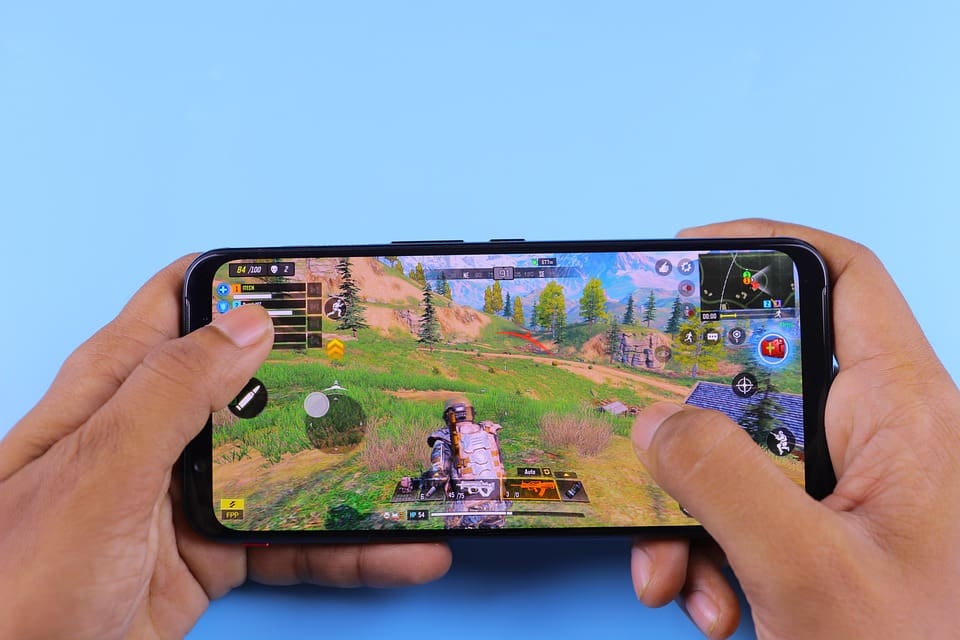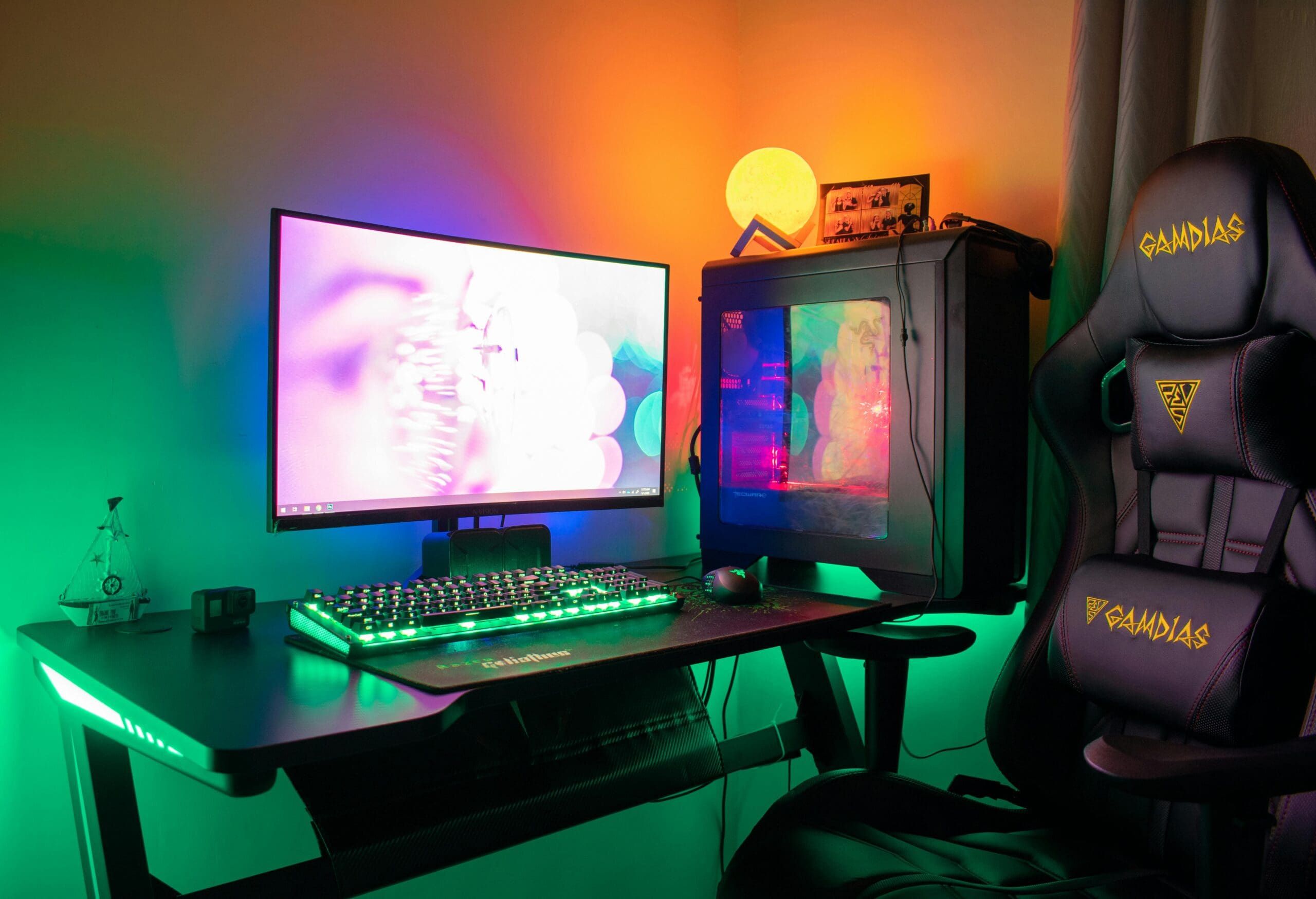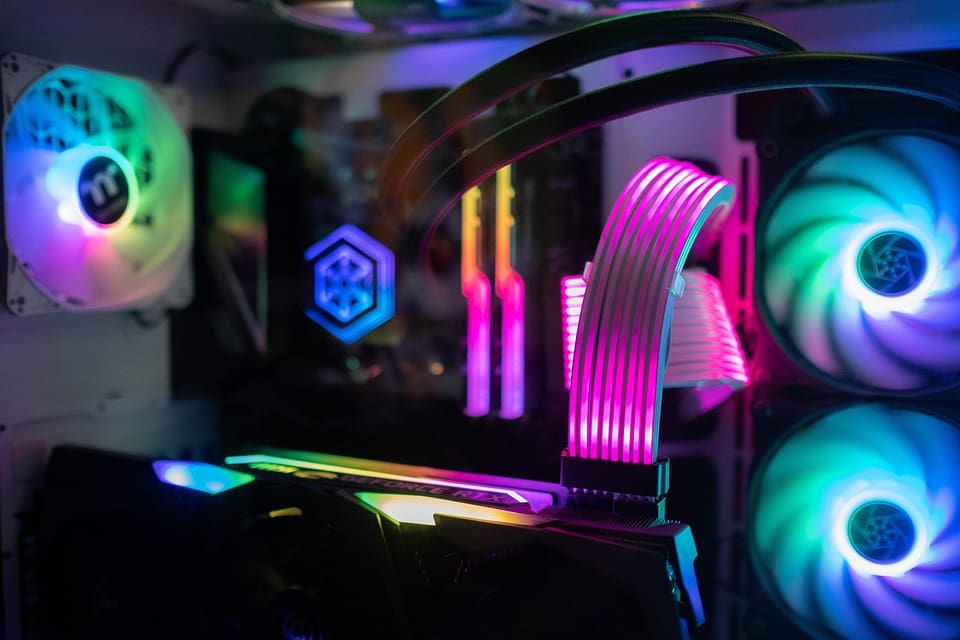Introduction
Gaming PCs have become a popular choice for gamers who want to experience high-quality graphics and fast gameplay. However, to keep your gaming PC running smoothly, it’s important to follow proper maintenance tips. In this guide, we will discuss the top 10 maintenance tips for your gaming PC to help you avoid common mistakes and ensure your system performs at its best.
Why This Topic Matters
Proper maintenance of your gaming PC is essential to ensure optimal performance and longevity. Neglecting maintenance can lead to performance issues, overheating, and hardware failures, which can affect your gaming experience. By following these maintenance tips, you can keep your gaming PC running smoothly and enjoy seamless gameplay.
Step-by-Step Guide / Essential Tips
1. Keep Your PC Clean
One of the most important maintenance tasks for your gaming PC is to keep it clean. Dust and debris can accumulate inside your PC, causing overheating and performance issues. Regularly clean the dust filters, fans, and components inside your PC to prevent overheating and ensure optimal performance.
2. Update Your Drivers
Keeping your drivers up to date is essential for maintaining optimal performance. Outdated drivers can cause compatibility issues and performance problems. Make sure to regularly update your graphics card, motherboard, and other drivers to ensure your gaming PC runs smoothly.
3. Monitor Your Temperatures
Monitoring your PC’s temperatures is crucial for preventing overheating. Use software tools like HWMonitor or MSI Afterburner to monitor your CPU and GPU temperatures. If your temperatures are too high, consider improving airflow in your PC or upgrading your cooling system.
4. Defragment Your Hard Drive
Over time, your hard drive can become fragmented, which can slow down your PC’s performance. Use a disk defragmentation tool to defragment your hard drive and improve performance. Consider upgrading to an SSD for faster load times and improved performance.
5. Optimize Your Graphics Settings
Optimizing your graphics settings can help improve performance and FPS in games. Adjust settings like resolution, texture quality, and anti-aliasing to find the right balance between performance and visual quality. Consider using software like NVIDIA GeForce Experience or AMD Radeon Software to optimize your graphics settings automatically.
6. Clean Your Registry
Cleaning your registry can help improve your PC’s performance by removing unnecessary files and entries. Use a registry cleaner tool to scan and clean your registry regularly. Be cautious when using registry cleaners and make sure to backup your registry before making any changes.
7. Check for Malware and Viruses
Malware and viruses can slow down your PC and compromise your security. Use antivirus software to scan your PC for malware and viruses regularly. Make sure to keep your antivirus software up to date to protect your PC from the latest threats.
8. Check Your Power Supply
Your power supply is essential for providing stable power to your gaming PC. Make sure to check your power supply for any signs of damage or wear. Consider upgrading to a higher wattage power supply if you’re experiencing power issues or if you’re planning to upgrade your components.
9. Backup Your Data
Backing up your data is crucial to protect your files and settings in case of hardware failure or data loss. Use external hard drives, cloud storage, or backup software to regularly backup your important files and data. Consider creating a system image backup for easy recovery in case of a system failure.
10. Schedule Regular Maintenance
Creating a maintenance schedule can help you stay on top of your PC maintenance tasks. Set reminders to clean your PC, update your drivers, and perform other maintenance tasks regularly. By staying proactive with your maintenance, you can prevent issues before they become major problems.
Common Mistakes to Avoid
- Not following best practices: Some users neglect basic maintenance tasks, leading to performance issues.
- Overlooking compatibility: Failing to check for compatibility between components can cause hardware conflicts.
- Skipping regular maintenance: Neglecting regular maintenance can lead to overheating and hardware failures.
Advanced Optimization Tips
For advanced users looking to further optimize their gaming PC, consider the following tips:
- Overclocking your CPU and GPU for increased performance.
- Customizing fan curves and cooling solutions for better temperature management.
- Using software like MSI Afterburner or ASUS AI Suite for advanced performance tweaking.
Final Thoughts
By following these top 10 maintenance tips for your gaming PC, you can ensure optimal performance, longevity, and gaming experience. Whether you’re a beginner or an experienced gamer, proper maintenance is essential for keeping your gaming PC running smoothly. Remember to stay proactive with your maintenance tasks and address any issues promptly to avoid common mistakes and enjoy seamless gameplay.
💬 What has been your biggest challenge with maintaining your gaming PC? Share your experiences and tips in the comments below!


